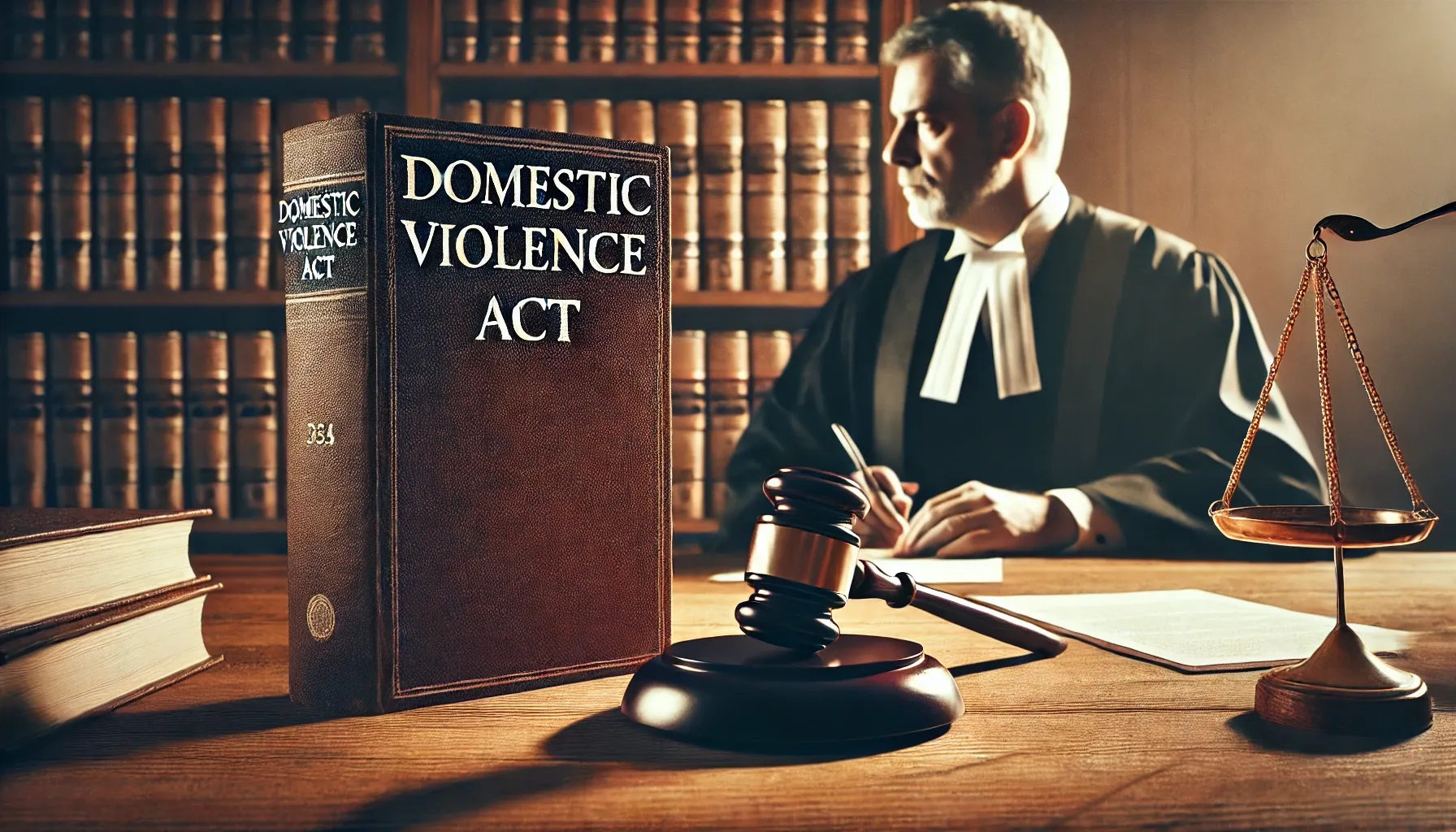The Supreme Court quashes extradition order against a husband in a domestic violence case, ruling physical presence unnecessary and ordering the release of his impounded passport within a week.

On February 20, 2025, the Supreme Court delivered a landmark judgment in the case of Vishal Shah v. Monalisha Gupta & Ors., quashing the Magistrate's Order that directed the extradition of a husband residing in the United Statesin a Domestic Violence Act case. The appellant challenged the High Court's decision, which had upheld the extradition order for his non-appearance in court. In its ruling, the Court made several key observations, including the irretrievable breakdown of the marriage and alimony orders. The judgment also clarified that physical presence is not mandatory in Domestic Violence Act proceedings.
Key Observations and Ruling in the Case
No Requirement for Physical Presence in Domestic Violence Proceedings
- The Court emphasized that there is no need for personal presence in Domestic Violence Act proceedings as they are quasi-criminal in nature.
- These proceedings have no penal consequences unless a protection order is violated under Section 31 of the Act.
- “We may observe that as the proceedings under the DV Act are quasi-criminal in nature, thus, there cannot be any justification to require the personal presence of the appellant in these proceedings.” – Justices Pankaj Mithal and Sandeep Mehta.
Extradition Order Quashed
- The Magistrate's Order to initiate extradition was quashed by the Supreme Court. The appellant’s passport had been impounded, preventing him from traveling to India.
- “Consequently, the order of the learned JMFC directing the initiation of extradition proceedings against the appellant as a consequence of his non-appearance, despite being aware of the fact of impounding of the passport of the appellant, is untenable and unsustainable in the eyes of the law.”
Illegal Impoundment of Passport
- The Court ruled that the impoundment of the appellant's passport was unlawful, violating natural justice principles.
- The appellant was not provided an opportunity to be heard before his passport was impounded.
- “This clear violation of the principles of natural justice renders the act of impounding the passport ex-facie illegal.”
- The Court ordered that the appellant’s passport be released within one week.
Irretrievable Breakdown of Marriage
- The Court noted the irretrievable breakdown of the marriage, citing:
- The couple’s brief cohabitation in the United States.
- The multiple cases filed by both parties, including allegations of criminal cruelty, restitution of conjugal rights, and domestic violence.
- Failed reconciliation attempts.
- “The aforesaid facts give us the impression that there was hardly any cordiality or meaningful marital relationship that flowed from the marriage between the parties. It is evident that the relationship between the parties appears to be strained from the beginning and has further soured over the years.”
Alimony Order
- The Supreme Court ordered the appellant to pay Rs. 25 Lakhs as a one-time settlement for alimony.
- The Court considered various legal precedents while deciding the amount.
- The Court directed that all pending criminal and civil cases between the appellant and the respondent should be closed.
Case Name: VISHAL SHAH v. MONALISHA GUPTA & ORS., Arising out of SLP(Crl.) No(s). 4297 of 2023
Attachment:





